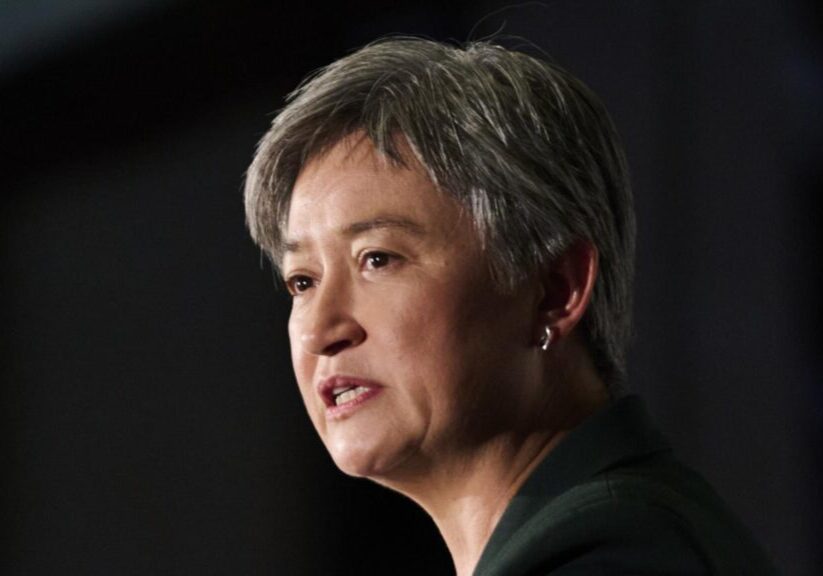IN THE MEDIA
War as an extension of politics
Aug 7, 2006 | Ted Lapkin
Ted Lapkin
Australian Financial Review – 7 August 2006
General Patton once observed that you don’t win wars by dying for your country; you win them by making the other poor bastard die for his.
But Hezbollah has turned that pearl of military wisdom on its head. These jihadists are trying to defeat Israel, not by killing Jews, but by engineering a slaughter of the Lebanese populace.
Welcome to fourth-generation warfare.
During the present conflict, Hezbollah has elevated civilian skirt-hiding to a Machiavellian art form. They have hidden their arsenal of rockets in mosques, hospitals and homes throughout Lebanon. And their favourite launching sites for attacks against Israel are crowded villages and sites next to United Nations posts.
So brazen is Hezbollah’s deployment of human shields that it has attracted criticism from a most unlikely source. The UN is not an institution noted for its pro-Israel sympathies. But undersecretary-general Jan Egeland railed against what he observed in Lebanon, declaring: “Hezbollah, stop this cowardly blending in among women and children!”
Yet there is method to the madness. Nineteenth-century military theorist Karl von Clausewitz wrote that war is an extension of politics, but by other means. And Hezbollah leader Hassan Nasrallah understands that, in 21st century conflict, the camera is more powerful than the cannon.
Recognising that he cannot defeat Israel militarily, Nasrallah is trying to humble the Jewish state politically through the immolation of the Lebanese people. Hezbollah is cynically attempting to out-Clausewitz the Clausewitzians.
Of course, the laws of war forbid combatants from using civilians to shield arms depots and gun positions. The Fourth Geneva Convention declares: “The presence of a protected person may not be used to render certain points or areas immune from military operations.” But only the terminally nave could believe that the people who invented suicide bombing would care what international law has to say.
The tragedy of Kafr Qana exemplifies the moral and operational dilemma facing Israel’s military. This village, where civilians died in an Israeli air strike, was the source of over 150 rockets fired into the Galilee since this conflict began.
The fact that Hezbollah used the site for military purposes makes these jihadists morally and legally responsible for those deaths.
Harvard law professor Alan Dershowitz wrote that those who shelter behind civilians in wartime are no better than criminals who take hostages during a bank heist. If police inadvertently kill hostages during a rescue operation, those robbers are culpable for murder.
If Hezbollah cared about the wellbeing of the Lebanese people, it would not have precipitated this unnecessary war.
The fighting was triggered by jihadists who are sworn to the cause of Israel’s annihilation. And while the butcher’s bill is being paid in Lebanon and the Galilee, the strings of this conflict are being pulled by the mullahs in Teheran.
· Ted Lapkin is director of policy analysis for the Australia/Israel & Jewish Affairs Council.
Tags: Iraq











